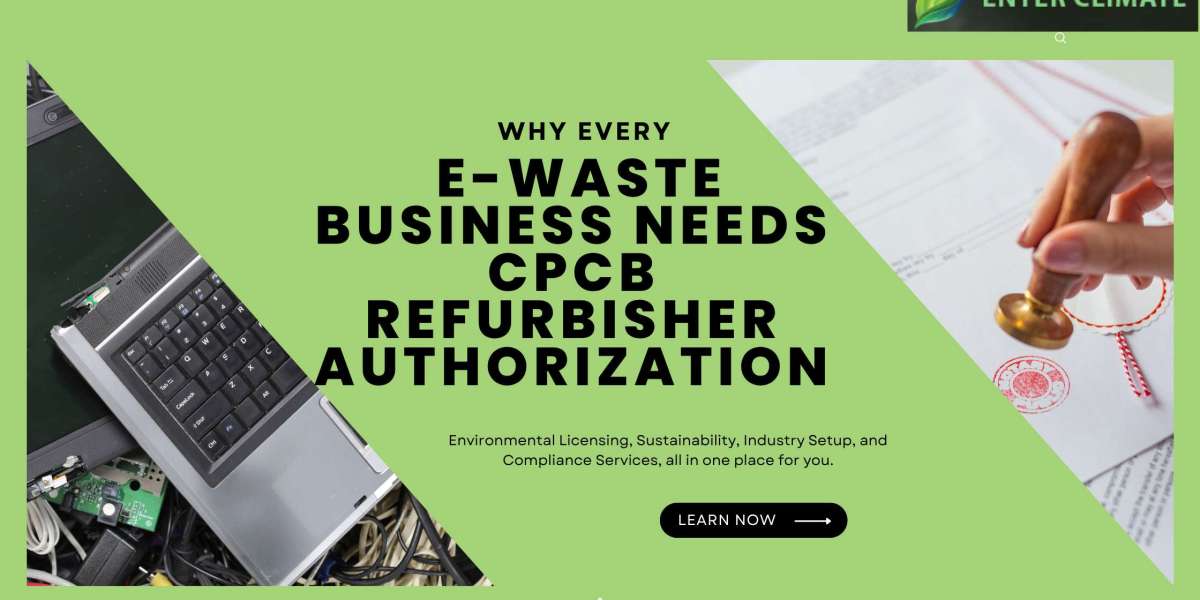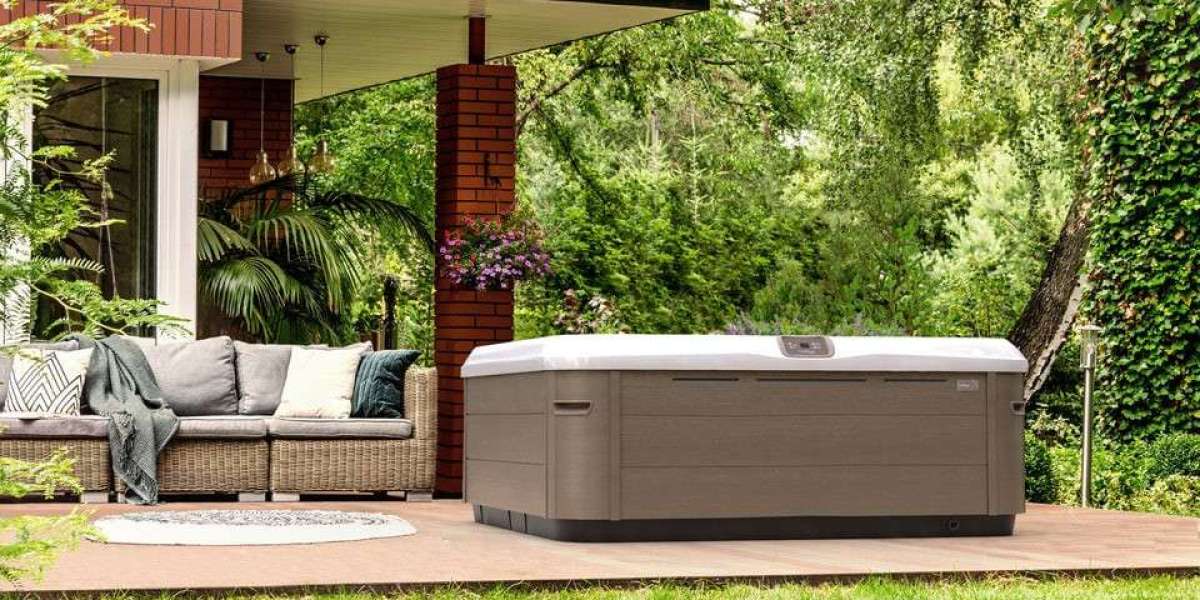Every year, we buy new mobile phones, laptops, TVs, and other electronic gadgets. But what happens to the old ones? Most of them become e-waste — short for “electronic waste.”
E-waste contains materials that can be harmful to our planet if not handled properly. That’s why there are strict rules made by the government to make sure e-waste is collected, treated, and reused safely.
If you run or plan to start an e-waste business, this authorization is something you must have. In this blog, we’ll explain in simple words what CPCB refurbisher authorization is, why it’s needed, how it works, and what laws support it — including the Environment Protection Act, 1986.
What Is E-Waste?
E-waste means any old or broken electrical or electronic items like:
- Mobile phones
- Computers
- Printers
- TVs
- Fridges
- Washing machines
When these products stop working, they shouldn’t just be thrown away. They contain materials like lead, mercury, and plastic that can harm the soil and water if dumped carelessly.
Instead, these items should go to refurbishers or recyclers — people or companies that repair or reuse them safely.
Who Is a Refurbisher?
A refurbisher is a person or company that takes old electronics and makes them work again.
For example:
- Fixing a laptop with a new battery
- Repairing a broken phone screen
- Replacing parts in a TV so it can be used again
Refurbishing helps reduce waste and gives electronics a second life. It also saves resources and reduces pollution.
But to do this legally in India, you must get authorization from the Central Pollution Control Board (CPCB).
What Is CPCB Refurbisher Authorization?
CPCB stands for Central Pollution Control Board. It is the main government body under the Ministry of Environment, Forest and Climate Change (MoEFCC) that looks after pollution and waste management in India.
The CPCB Refurbisher Authorization is a license that allows a business to collect, repair, and reuse electronic waste in a safe and legal way.
Without this authorization, a business cannot handle e-waste, even if it wants to help the environment.
Why Every E-Waste Business Needs CPCB Authorization
Here are some simple reasons why every e-waste or refurbishing business must have CPCB authorization:
1. It’s the Law
According to the Environment Protection Act, 1986, and the E-Waste (Management) Rules, 2022, no one can collect, store, or process e-waste without approval from CPCB or the respective State Pollution Control Board (SPCB).
So, getting CPCB authorization is not optional — it’s mandatory.
- It Builds Trust
Having CPCB authorization proves that your company is genuine and follows government rules. Customers and other companies are more likely to trust you with their old electronics when they know you are CPCB certified.
- It Helps the Environment
Authorized refurbishers follow eco-friendly methods to handle e-waste. This means less pollution, less dumping, and more recycling.
When businesses work legally and responsibly, it helps protect our soil, air, and water from dangerous chemicals.
- It Helps in Business Growth
Big companies prefer to work only with CPCB-authorized refurbishers. If you have the certification, you can get more clients and even government projects.
This helps your business grow faster and reach new opportunities.
- Avoid Legal Problems
Running an e-waste business without CPCB authorization can lead to:
- Heavy fines
- Legal action
- Permanent closure of your business
So, it’s always better to get authorized first and operate safely.
How to Get CPCB Refurbisher Authorization
Here’s a simple step-by-step guide:
- Prepare Your Documents
You’ll need: - Company registration proof
- PAN and Aadhaar cards of the owner
- GST certificate
- Site plan of your facility
- Details of equipment and machinery
- Apply Online
Visit the official CPCB website and fill out the application for Refurbisher Authorization under the E-Waste Management Rules. - Inspection
CPCB may inspect your facility to make sure you have the right tools, safety systems, and space to handle e-waste properly. - Get the Certificate
Once everything is approved, CPCB will issue your Refurbisher Authorization Certificate.
Now, you can legally collect and refurbish e-waste anywhere in India!
Role of State Pollution Control Boards (like TNPCB)
Apart from CPCB, every state has its own Pollution Control Board. For example:
- In Tamil Nadu, it’s the TNPCB (Tamil Nadu Pollution Control Board).
- TNPCB gives the NOC (No Objection Certificate) to businesses that want to start waste management, manufacturing, or refurbishing units.
So, if you plan to set up your e-waste refurbishing business in Tamil Nadu, you’ll need TNPCB NOC along with CPCB authorization.
Other Related Businesses and Permissions
Injection Moulding Plant Setup in India
Some refurbishers or recyclers also deal with plastic waste. If you plan to make new plastic parts (like phone covers or electronic casings), you might set up an Injection Moulding Plant.
For that, you’ll also need permissions from:
- State Pollution Control Board (like TNPCB)
- CPCB, depending on the scale
- Local authority NOC
All these steps come under the same environmental laws, especially the Environment Protection Act, 1986, which ensures that industries do not harm nature.
What Happens After Getting Authorization
Once you get your CPCB Refurbisher Authorization:
- You can legally collect and repair e-waste.
- You must maintain records of how much e-waste you collect and refurbish.
- You need to submit annual returns to CPCB.
- You must ensure your facility follows all safety and pollution control standards.
If you fail to follow these rules, your authorization can be cancelled.
Why It Matters
E-waste is one of the fastest-growing waste types in the world. In India, millions of electronic items are thrown away every year.
By becoming a CPCB-certified refurbisher, you’re not just doing business — you’re helping build a cleaner, greener, and safer India.
When old gadgets are repaired instead of dumped, it saves energy, reduces pollution, and protects our planet for future generations.
Frequently Asked Questions (FAQs)
- What is CPCB Refurbisher Authorization?
It’s a license that allows a business to legally collect, repair, and reuse e-waste under the rules of the CPCB. - Who gives refurbisher authorization in Tamil Nadu?
The CPCB gives the main authorization, but you also need an NOC from TNPCB (Tamil Nadu Pollution Control Board). - How long is CPCB authorization valid?
Usually, it is valid for five years, after which you must renew it. - Can I start refurbishing e-waste without CPCB approval?
No. Doing so is illegal under the Environment Protection Act, 1986 and can lead to heavy fines. - What is the difference between a refurbisher and a recycler?
A refurbisher repairs and reuses old electronics, while a recycler breaks down waste to recover raw materials like metal or plastic. - What is an Injection Moulding Plant and how is it related?
It’s a factory setup where plastic products or parts are made. Refurbishers sometimes use these parts for repaired devices. But to set up such a plant, you also need permissions from CPCB and your State Pollution Control Board.
Author Profile
Upendra Sharma
Environmental Consultant | Founder at Enterclimate India Pvt. Ltd.
Upendra Sharma is a passionate environmental consultant helping Indian businesses get licenses and authorizations for pollution control, waste management, and green manufacturing. With years of experience in dealing with the CPCB, TNPCB, and other state boards, he has guided many companies in achieving compliance with the Environment Protection Act, 19



